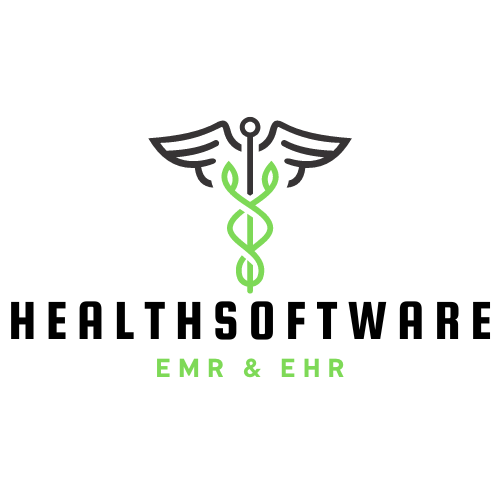Learning Curve
When choosing an EMR system, the best one for a small practice is the one that is easy to use and intuitive. This is vital because your staff will go through a learning curve, so you'll want to ensure the system's usability before you make the purchase. Luckily, most vendors offer demos and free trials, so you can try the software out yourself before making the purchase.
Reviews and ratings
Choosing the best EMR for solo practice system is critical for your practice, so make sure you do your research. Check out reviews and ratings on different EMR systems. You can also consult with other providers who have tried different systems and have had good experiences with them. The best EMR will be customized to your needs and be easy to use, so your staff can get started quickly.
Telehealth and Voice Dictation
A great EMR system will make it easier for you to practice concierge medicine. Some EMRs even offer telehealth and voice dictation. You can also use voice dictation to record patient information. Besides, you can even build your own note templates to create more personalized documents. Some of the best EMR systems even come with dedicated apps for mobile users.
Costs
The costs of an EMR system will vary depending on your practice's size. Larger practices will pay a higher fee than small practices. But smaller practices will save money if they choose a cheaper option. Some vendors offer free trials, but you may need to pay a monthly fee multiplied by the number of providers in your practice.
Electronic health records are digital versions of paper patient charts. They help physicians diagnose patients more accurately. They can also share patient data with other clinics, offices and hospitals. This feature is essential for most practices, since it cuts down on the number of diagnoses and treatment errors. EMR systems also provide interfaces to healthcare providers and can integrate with reimbursement changes, HIPAA 5010, and meaningful use standards.
Related Resources:

